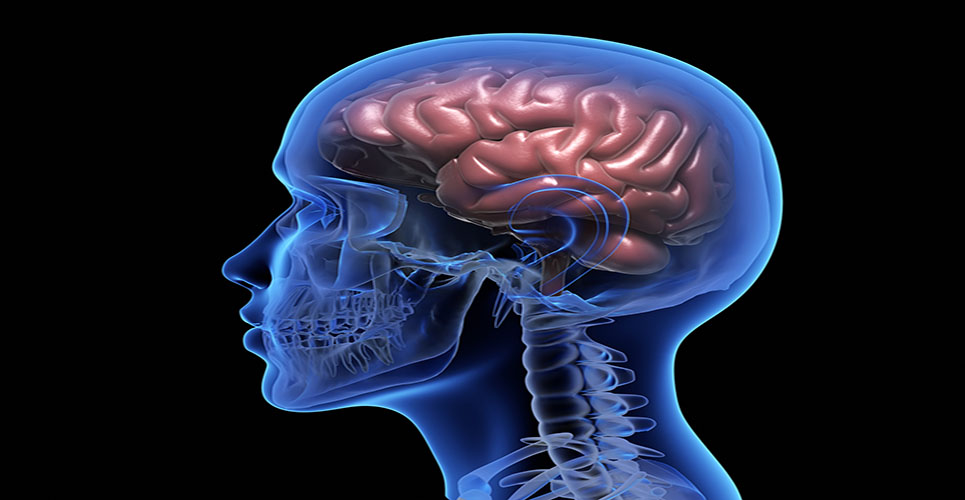teaser
New data will be presented at the 23rd meeting of the European Neurological Society (ENS) that show how Novartis’ Gilenya® (fingolimod), the first once-daily oral therapy approved to treat people with relapsing multiple sclerosis (RMS), positively impacted the key measures for multiple sclerosis (MS) – relapse rates, brain volume loss, lesions and disability progression.[1-3] Improving these key measures led to favourable clinical outcomes.[1-2]
New findings from the TRANSFORMS study showed that a greater proportion of patients were disease free after one year on Gilenya treatment compared to interferon. For patients on interferon during the first year, the proportion who were disease free during the second year increased after they were switched from interferon to Gilenya treatment.[1] These findings suggest that switching from interferon to Gilenya is beneficial for patients with RMS to achieve and maintain long-term disease-free status.[1]
In a separate analysis, patients with high disease activity who were switched to Gilenya from interferon experienced improved disease measures (annualised relapse rate and reduction in the amount of brain volume loss), regardless of previous treatment.[2]
Further presentations at ENS will show how the targeted effect of Gilenya on the central nervous system is considered to contribute anti-inflammatory effects in MS[4] and also support a positive benefit-risk profile for Gilenya.[5]
“There is currently no cure for MS, and therefore it is imperative that treatments work positively to limit symptoms, disease activity and ultimately disease progression, thus reducing the burden for patients.” said Dr. Timothy Wright, Global Head Development, Novartis Pharmaceuticals. “These new analyses are very encouraging in that they not only support the role of Gilenya as having an anti-inflammatory effect but also highlight how Gilenya can improve the key measures of this debilitating disease.”
Additional findings from FREEDOMS and TRANSFORMS support the clinical relevance of brain volume loss in MS, reinforcing the link between loss of brain volume and disease severity including the volume of brain lesions and disability, a key measure of disease burden.[3] Gilenya is the only approved MS treatment shown to consistently reduce brain volume loss across studies with a significant effect seen as early as six months.[7–9] A low rate of brain volume loss with Gilenya was sustained for up to four years in Phase III studies and for up to seven years in patients after completing a Phase II study.[9,10]
References
- Hartung et al. Relationship between early disease activity and long-term clinical outcome: Results from the phase 3 TRANSFORMS study extension at 4.5 years in relapsing-remitting multiple sclerosis. European Neurological Society, June 9, 2013 P380.
- Montalban et al. Long-term efficacy of fingolimod in patients with relapsing-remitting multiple sclerosis previously treated with interferon beta-1a or disease-modifying therapies: A Post-hoc analysis of the TRANSFORMS 4.5 year extension study. European Neurological Society, June 10, 2013 P539.
- Barkhof et al. Correlation of brain volume loss with MS duration, MRI activity and disability: impact of fingolimod across 3 Phase III trials. European Neurological Society, June 10, 2013 O325.
- Brinkmann et al. Primary target of fingolimod in the CNS and its role in pro-inflammatory cascade: sphingosine 1-phosphate receptor subtype-1 (S1P1). European Neurological Society, June 11, 2013 P846.
- Comi et al. Overall safety and relapse outcomes in fingolimod-treated patients previously exposed to natalizumab in the 4-month, open label FIRST study. European Neurological Society, June 10, 2013 P537.
- Chin PS, Calabresi PA, Zhang Y, von Rosenstiel P, Kappos L. Early effect of fingolimod on clinical and MRI related outcomes in relapsing multiple sclerosis. Poster presented at: 28th Congress of the European Committee for Treatment and Research in Multiple Sclerosis; October 10-13, 2012; Lyon, France. Abstract P459.
- Kappos L, Radue E-W, O’Connor P, et al; for FREEDOMS Study Group. A placebo-controlled trial of oral fingolimod in relapsing multiple sclerosis. N Engl J Med. 2010;362(5):387-401.
- Cohen JA, Barkhof F, Comi G, et al; for TRANSFORMS Study Group. Oral fingolimod or intramuscular interferon for relapsing multiple sclerosis. N Engl J Med. 2010;362(5):402-415.
- Cohen J, et al. Fingolimod-effect on brain atrophy and clinical/MRI correlations in Three Phase 3 studies – TRANSFORMS, FREEDOMS and FREEDOMS II. Abstract presented at AAN, San Diego, March 2013.
- Antel J, Montalban X, O’Connor P, et al. Long-term (7-year) data from a phase 2 extension study of fingolimod in relapsing multiple sclerosis. Poster presented at: 64th AAN Annual Meeting; April 21-28, 2012; New Orleans, LA. Poster P01.129.

